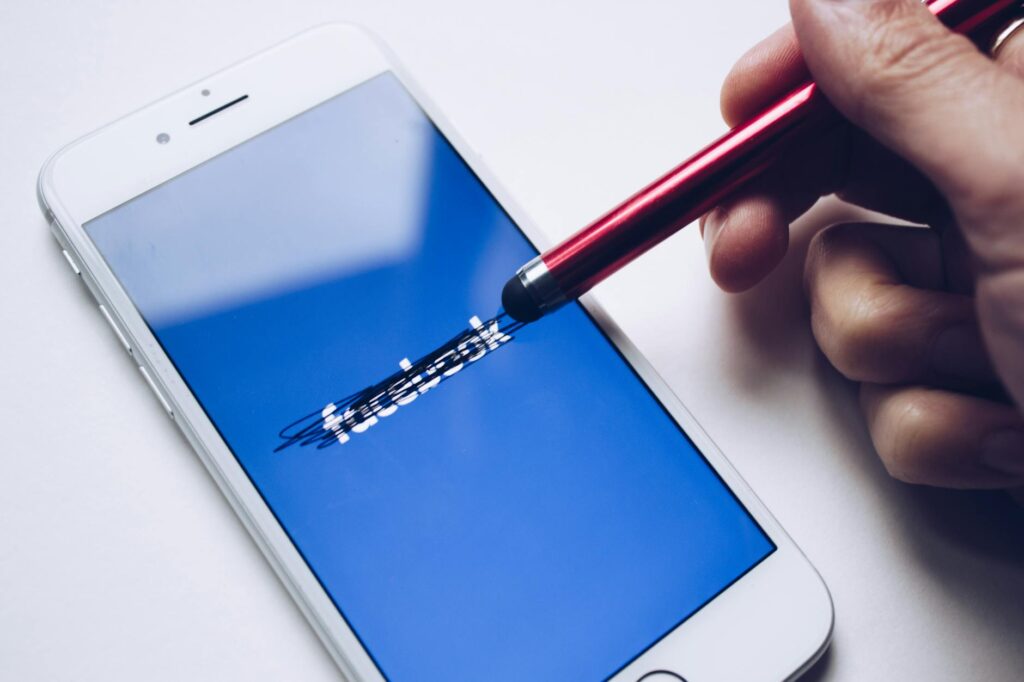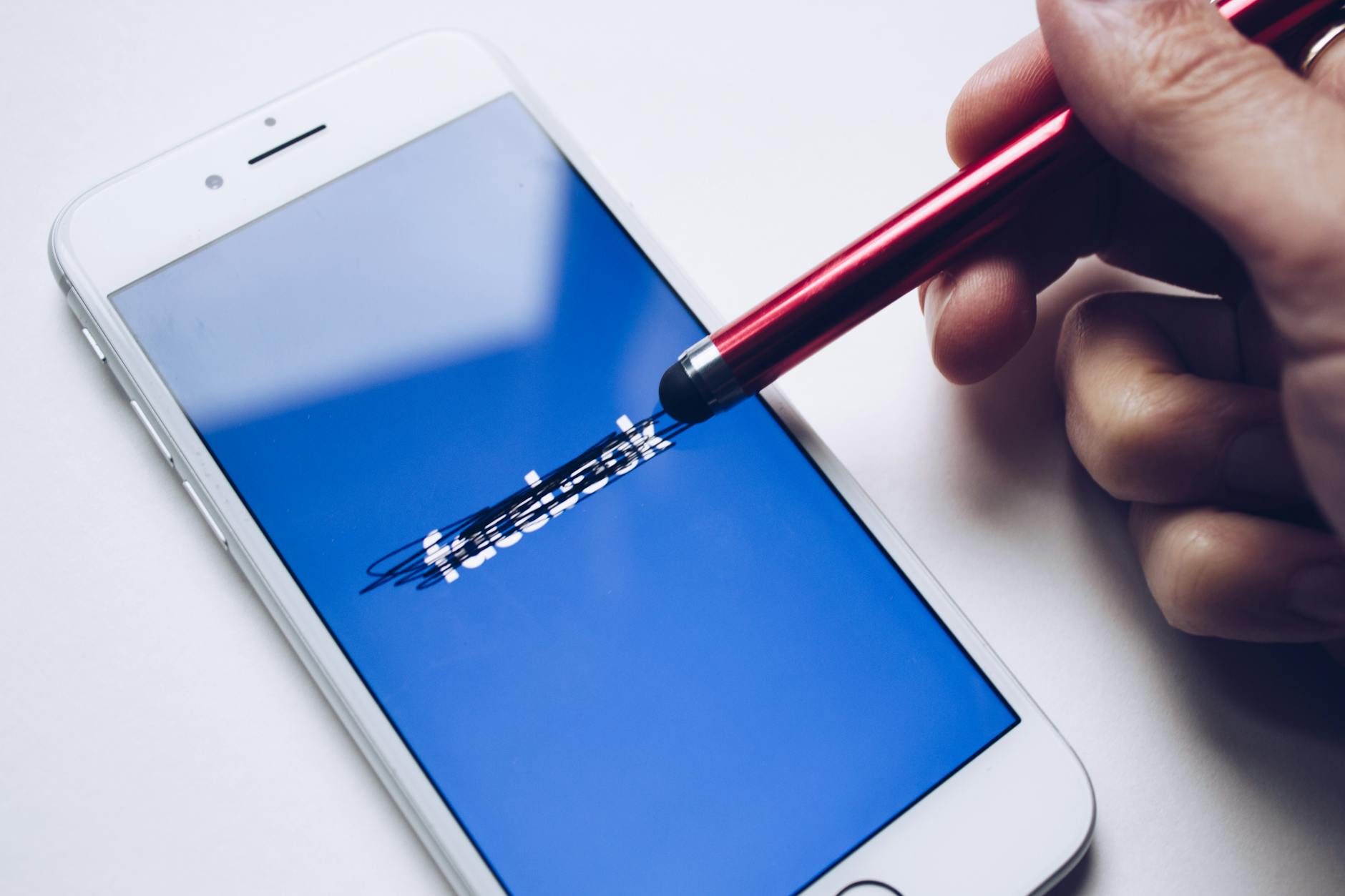What is smartphone usage habits?

What is smartphone usage habits?
In today’s fast-paced digital landscape, smartphone usage habits have become an integral part of our daily lives. Whether we’re checking emails, scrolling through social media, or playing games, our smartphones are almost always within arm’s reach. This article explores the evolution of smartphone usage, common habits, their impact on productivity, and how to develop healthier habits.
The Evolution of Smartphone Usage
The journey of smartphone usage is fascinating. From the early days of bulky devices designed strictly for communication, smartphones have transformed into multifunctional tools that cater to various needs.
From Communication Tools to Multifunctional Devices
Remember when smartphones were just about making calls and sending texts? Now, they serve as our personal assistants, entertainment hubs, and even health trackers. They manage our schedules, facilitate online shopping, and connect us to a world of information in an instant. This shift signifies not just a change in technology but also in how we engage with the world around us.
Statistics on Smartphone Usage Trends
As smartphone technology has advanced, so has the number of users. According to recent statistics, there are approximately 6.8 billion smartphone users worldwide, projected to grow to over 7 billion by 2025. In 2023, the average daily time spent on smartphones reached around 4.43 hours, a slight increase from previous years. These numbers reflect not just a trend but a cultural shift in how we consume information and interact with one another.
Common Smartphone Usage Habits
As we adapt to this technology, certain habits have emerged that define our smartphone interactions.
Social Media Engagement
Social media platforms, like Facebook, Instagram, and Twitter, dominate our smartphone usage. Studies show that users spend an average of 2 to 3 hours daily on social media. This habit influences not only how we communicate but also how we perceive ourselves and the world. The convenience of posting updates or sharing experiences has made social media a significant part of our lives.
Information Consumption
Smartphones have revolutionized how we consume news and information. Instead of traditional sources like newspapers or broadcast news, many turn to their smartphones for real-time updates. This shift means that information is more accessible but also raises questions about the quality and accuracy of the news we consume. It’s essential to be discerning, ensuring the sources we engage with are credible.
Mobile Gaming and Entertainment
Gaming is another area where smartphone usage has surged. With thousands of apps available, from casual games to immersive story-driven experiences, mobile gaming has become a major entertainment avenue. Recent statistics indicate that mobile games account for over 50% of global gaming revenue, highlighting the significant role smartphones play in our leisure activities.
Impact of Smartphone Usage on Productivity
While smartphones can enhance productivity, they can also serve as distractions. Let’s explore how to use them effectively.
Balancing Work and Personal Life
Smartphones offer tools that can boost productivity—like calendars, task managers, and communication apps. The key is to find a balance. For instance, setting specific times to check work emails can help maintain boundaries between professional and personal life. Using apps like Trello or Todoist can streamline task management, keeping you organized without feeling overwhelmed.
Effective Time Management Techniques
Time management apps can play a crucial role in optimizing productivity. For example, using the Pomodoro technique, which involves focused work followed by short breaks, can enhance concentration. Apps like Forest not only help with this method but also promote a sense of accomplishment.
Developing Healthier Smartphone Usage Habits
Developing healthier habits is vital for maintaining both mental and physical well-being.
Setting Boundaries and Limits
One of the most effective ways to manage smartphone usage is by setting clear boundaries. For instance, consider implementing a “phone-free” hour during meals or bedtime. This practice encourages more meaningful interactions and promotes better sleep. Monitoring your usage, as suggested in articles like this one, can help you identify patterns that may need adjustment.
Mindfulness and Intentional Usage
Mindfulness practices can significantly improve how we engage with our devices. By being intentional with our smartphone interactions—such as focusing only on one task at a time—we can reduce feelings of overwhelm. Tools like Headspace or Calm can guide you in developing a more mindful approach to smartphone usage.

Photo by Thought Catalog
Conclusion
Smartphone usage habits are intricately woven into the fabric of our daily lives. As we navigate this digital age, understanding our usage patterns is crucial. By recognizing how we use our devices, we can harness their power to enhance productivity while developing healthier habits. Reflect on your smartphone usage today—are you using it to empower your life, or is it controlling you? It’s time to take charge and create a balance that works for you.